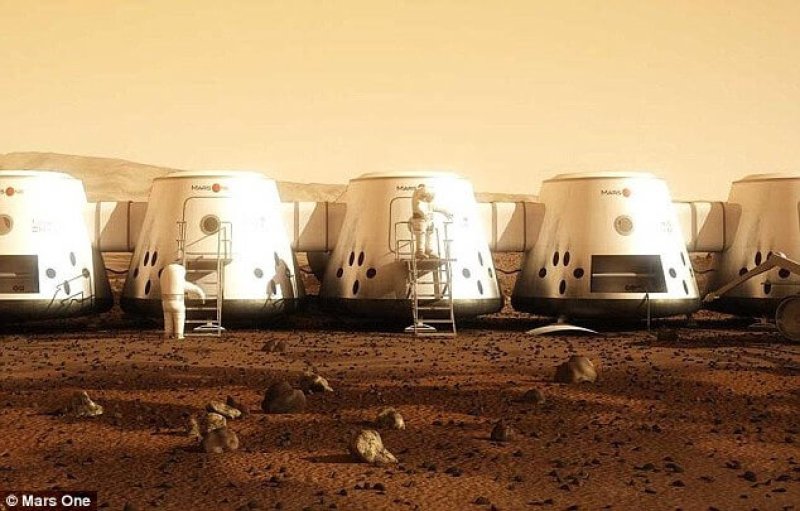In a new interview with Inverse, evolutionary biologist and Rice University professor Scott Solomon thinks it’s worth asking what will happen to Mars colonists in the long term — as mutations start to cascade through the gene pool.
…
After about two generations, he thinks their bones will strengthen, they’ll need glasses for nearsightedness, their immune systems will be null, pregnancy and childbirth will be significantly more perilous, and the exposure to radiation—more than 5,000 times the amount we’re exposed to on Earth during a normal lifetime, Solomon says—could lead to an influx of cancer.
Most importantly, though? Solomon argues that Martians should stop reproducing with Earth-humans.
…
Contact with Earthlings could even be deadly for Martians — and vice versa. Mars doesn’t have any microorganisms to carry disease, and so if cross contamination between Earth and Mars is controlled, Solomon explains that all infectious disease could be eliminated — meaning there should be no intimate connection between the two groups.
…
Maybe it’s sadly ironic. If Earth becomes uninhabitable and we look to other planets for a new home, the only way to ensure the long term survival of the human species might be to become a completely different species.
Read full, original post: Evolutionary Biologist: Mars Colonists Will Mutate Really Fast































